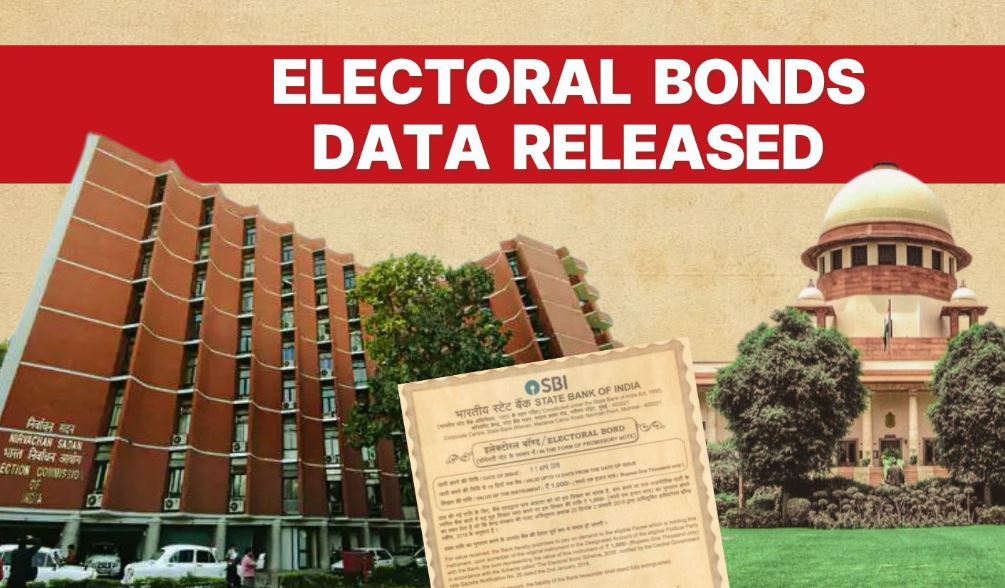Electoral Bonds are financial instruments that allow individuals and companies to make anonymous donations to political parties in India.
Key points about electoral bonds and recent developments:
- What Are Electoral Bonds?
- Electoral bonds were introduced in 2018 by the Indian government as a means to promote transparency in political funding.
- These bonds are like promissory notes that can be purchased from authorized banks in specific denominations.
- The donor can then donate these bonds to a political party of their choice.
- The identity of the donor remains confidential, ensuring privacy.
- Recent Developments:
- Supreme Court Ruling: On February 15, 2024, a Constitution Bench of the Supreme Court declared the electoral bonds scheme unconstitutional. The court found that the scheme lacked transparency and violated democratic principles.
- Election Commission Data: The Election Commission (EC) has been releasing data related to electoral bonds. On March 15, 2024, the EC published the first detailed data on electoral bonds, sourced from the State Bank of India (SBI).
- Second List: On March 17, 2024, the EC uploaded a second list of electoral bond data. Notably, the Bharatiya Janata Party (BJP) received the highest donation of ₹6,986.5 crore, followed by the Trinamool Congress (TMC) with ₹1,397 crore.
Q: What are electoral bonds?
A. Bonds issued by political parties to raise funds
B. Financial instruments for anonymous political donations
C. Bonds used for government infrastructure projects
D. Bonds that allow citizens to vote in elections
Ans : B. Financial instruments for anonymous political donations
Q: What recent development led to the Supreme Court declaring the electoral bonds scheme unconstitutional?
A. Release of detailed data by the Election Commission
B. A Constitution Bench ruling on February 15, 2024
C. Introduction of a new electoral bond denomination
D. State Bank of India’s involvement in the scheme
Ans : B. A Constitution Bench ruling on February 15, 2024




